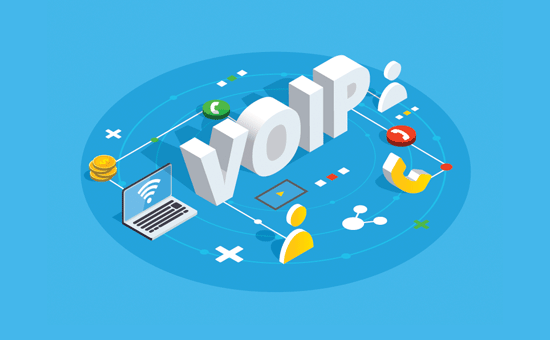WHAT IS VoIP?
More and more businesses are looking to Voice over Internet Protocol (VoIP) as a cheaper and more effective alternative to traditional analog telephone service. VoIP allows users to place calls via the internet, rather than through a telephone line. In addition, VoIP technology can also transmit data and video content.
VoIP systems can be either hosted or premise-based, depending on the business’s needs and priorities. With a hosted system, the private branch exchange (PBX) is managed off-site by a VoIP provider for a monthly fee. This gives the user a simple way to access VoIP technology with a minimal upfront investment just in VoIP phones or analog telephone adapters. A premise-based approach provides the user with greater ability to control and customize the system.
WHAT ARE VoIP’S ADVANTAGES?
- Less expensive to deploy than traditional phone service
- Easy to add and remove lines
- Faster and more reliable than analog
- Offers the most straightforward way to operate a PBX
- Operates online
HOW DOES VoIP WORK?
A VoIP call can be placed using any of the following equipment:
- VoIP phone
- cell phone
- analog phone plus adapter
- computer
VoIP calling also requires a codec, which is a device that functions as a coder and decoder. Codecs are used to encode a voice signal into digital data for transmission through the internet, and then convert the encoding back for replay.

